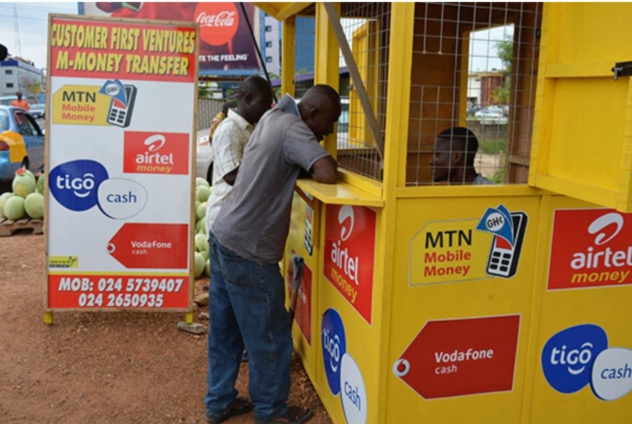
E-Levy: A full list of transfers that will be free of charge and some tips on how to avoid it – The Ghana Revenue Authority (GRA) has identified the transactions that would not be impacted by the new tax policy as Ghanaians prepare for the implementation of the Electronic Transfer Levy (E-Levy) next month.
According to the Authority, although the tax policy is to broaden the tax net, not all electronic transactions will come with a 1.5% tax rate.
The Head of Compliance, Domestic Tax Revenue Unit at the Ghana Revenue Authority (GRA), Victor Yao Akogo listed them as follows;
- A cumulative transfer of ¢100 made by the same person.
- A transfer between accounts owned by the same person.
- Transfers for the payment of taxes, fees and charges on the Ghana.gov platform
- Electronic clearing of cheques
- Specified merchant payments (that is, payments to commercial establishments registered with the GRA for income tax and VAT purposes)
- Transfers between principal, master agent, and agent’s accounts.
For the transfers that will be affected; a Principal Revenue Officer and Head of the Project Management Unit said the Authority, Isaac Kobina Amoako said;
- Mobile money transfers done between accounts on the same Electronic Money Issuer.
- Mobile money transfer to a receiver on another Electronic Money Issuer [Interoperability transfer]
- Transfer from a bank account to [another person’s] mobile money account.
- From a mobile money account to [another person’s] bank account.
- Bank transfers on an instant paid digital platform.
Since E-levy was proposed by the Finance Minister, Ken Ofori-Atta when he was presenting the 2022 budget in November 2021, it has generated a lot of controversies in Parliament and amongst the populace.
He explained that the “innovative” tax will broaden the government’s revenue generation basket.
However, economists and the Minority in Parliament said the Levy will only intensify the hardships of average Ghanaians.
After nearly three months of back and forth including fisticuffs among Parliamentarians, the E-Levy Bill was passed by Majority-sided Parliament on Tuesday, March 29.
The Levy was passed at a reduced rate of 1.5% from the initial 1.75% amid a Minority walkout.
However, GRA has urged all and sundry to contribute to see this tax policy a success. According to Mr Akogo, the revenue generated from this tax policy will help with the developmental agenda of the government.
Following the passage, the GRA has indicated its readiness to implement it from May 1.
 News360hub Get the latest breaking news, world News and information on the top stories, business, sports, entertainment, politics, and more.
News360hub Get the latest breaking news, world News and information on the top stories, business, sports, entertainment, politics, and more.


